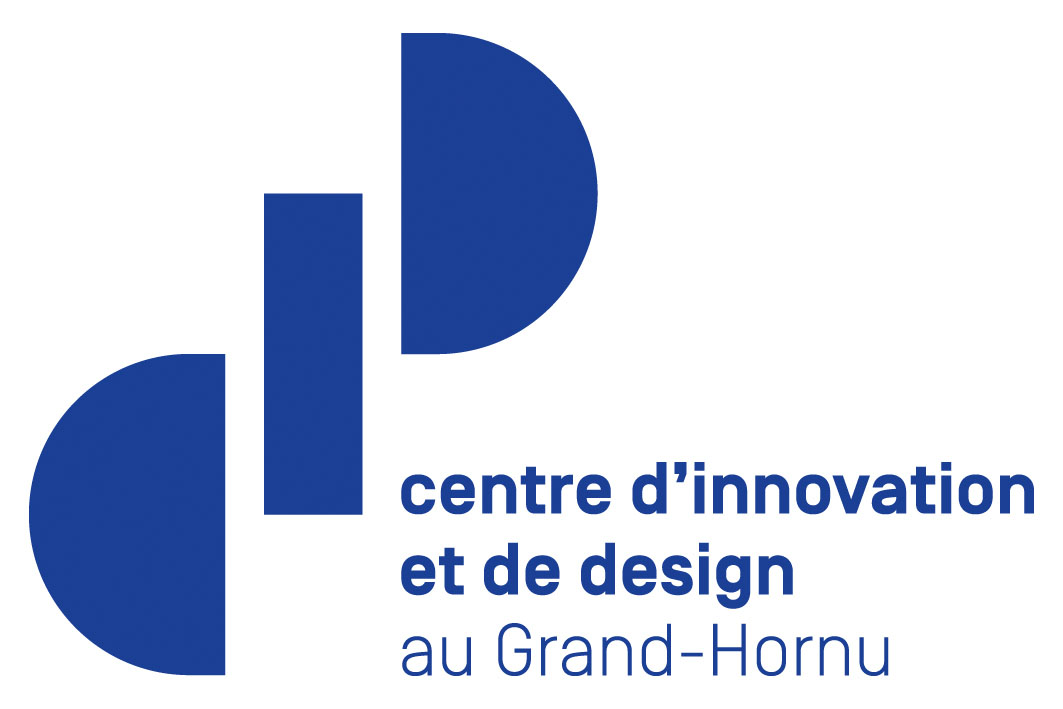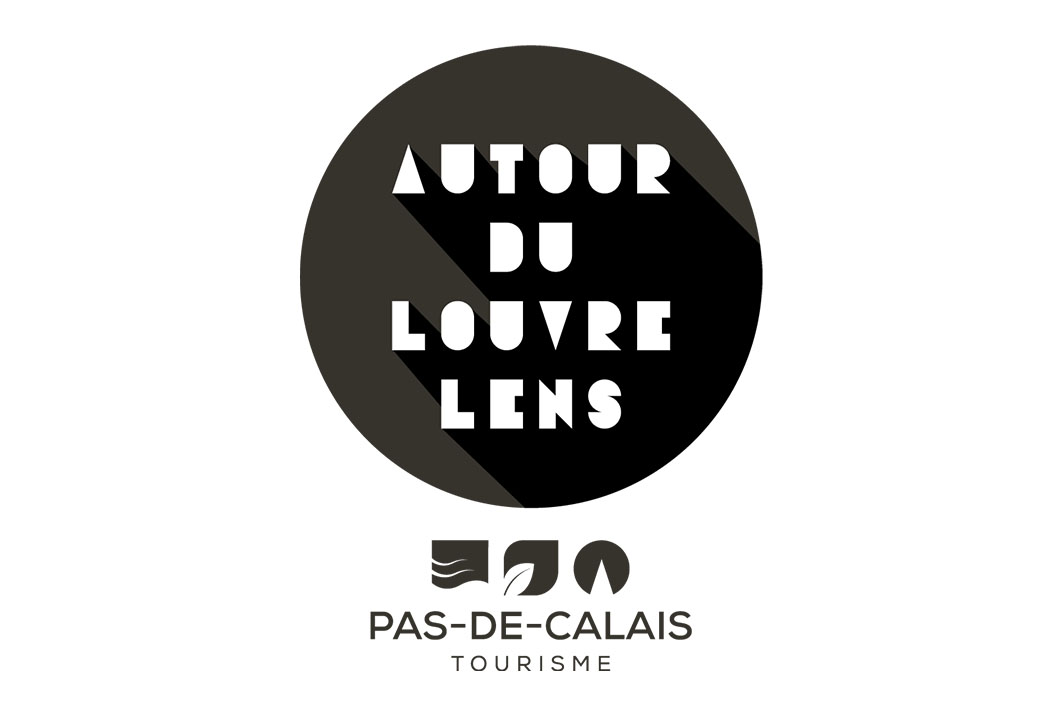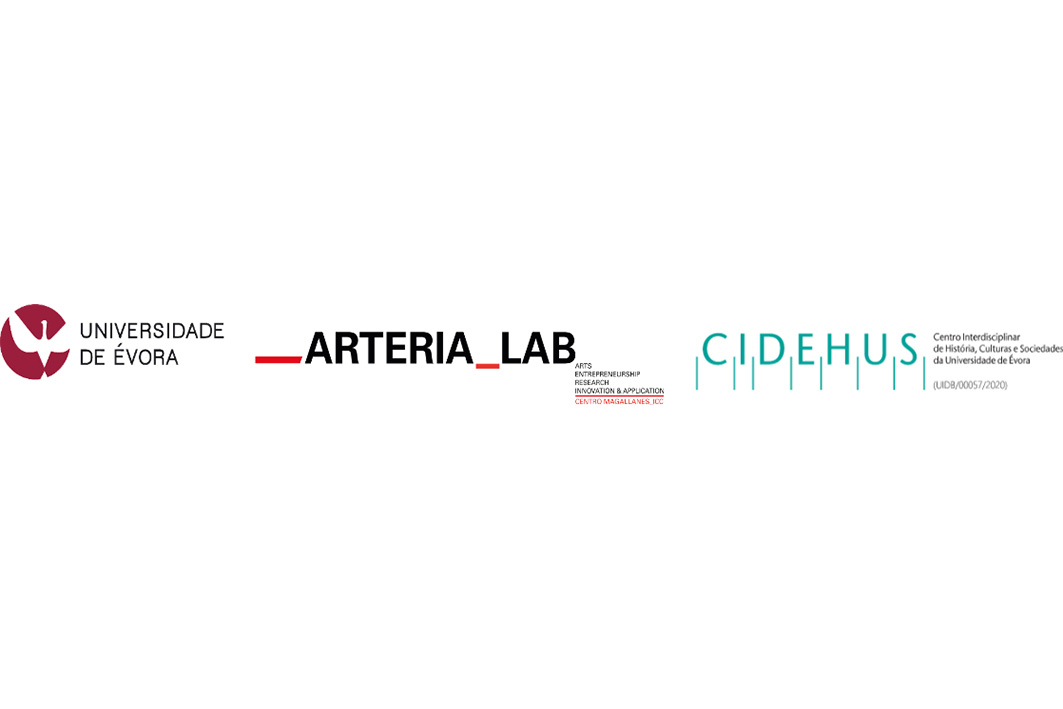Pas-de-Calais Tourisme, Mission ALL - Autour du Louvre-Lens, France (Lead partner)
Pas-de-Calais Tourisme prepares and implements the department’s tourism planning, development and promotion policies. They contribute to the development of the region by helping to organise tourism, providing assistance to tourism project developers, monitoring policies, etc. It carries out promotional, communication and marketing activities aimed at the general public and tourism professionals in France, the UK, Belgium and the Netherlands. Since 2012, following the inauguration of the Louvre-Lens Museum and the inclusion of the Bassin Minier on the World Heritage List, the team has been strengthened by the Autour du Louvre-Lens engineering mission.
To create and develop an international short-stay cultural and event destination, ALL “Autour du Louvre-Lens”, the ALL mission undertook a wide-ranging co-creation process in 2011 with trend-setting researchers, creative people, experts from all disciplines and local residents to reveal the destination’s identity and unite all the area’s stakeholders around a concept that reflects them and brings them together. With a strong, contemporary visual identity, the ALL brand is being built and rolled out across the range of products and services on offer. The Mission ALL, Autour du Louvre-Lens has put in place tourism engineering tools aimed at spreading the identity of the area “Autour du Louvre-Lens”, by creating a destination universe, and supporting business leaders and project developers in positioning their activities using a design approach.
EUROPIMPULSE, Spain
The EUROPIMPULSE NETWORK association was born in 2018 to support networking activities among local people and organisations interested in developing European strategies following a bottom-up approach.
In recent years, the network’s efforts have focused on the creation and development of physical and/or virtual spaces for meeting and exchange from the so-called peripheries (whether geographical, economic, social or cultural) to foster participation, collaboration and the emergence of new narratives adapted to the realities of these territories. Mainly through actions co-funded by the European Union, work has been done to promote the participation of civil society, seeking to break the isolation of cultural operators and youth in rural areas, thus facilitating meetings, mutual learning and fostering collaboration among them.
- Mireia Alemany Pereira
- mireia.alemany@europimpulse.com
- http://europimpulse.com/index/
Centre for Innovation and Design (CID) at Grand-Hornu, Belgium
Considered one of Europe’s finest sites of 19th-century industrial archaeology, Grand-Hornu, located in Belgium, has been listed as a World Heritage Site by UNESCO since 2012.
The CID – Centre for Innovation and Design at Grand-Hornu aims to promote contemporary design through a programme of exhibitions and mediation activities, highlighting innovation, experimental research, the emergence of new themes and horizons for research in design, architecture and graphic art. By presenting the diversity of these creative domains, the CID raises the public’s awareness of a culture of design and architecture. It questions, studies and explains this culture through a dialogue with creators, researchers and also the public.
The CID aims to reflect our current society, by programming and producing three to five exhibitions each year, On the one hand, they echo individual practices and research through monograph exhibitions dedicated to Belgian or international designers, and on the other, thematic exhibitions develop a narrative thread that invites us to dream up and invent utopias.
- Massimo Di Emidio
- Massimo.Di_emidio@hainaut.be
- https://www.cid-grand-hornu.be/fr
Tunis International Center for Digital Cultural Economy (Tunisia)
The Tunis International Center for Digital Cultural Economy (TICDCE) is the first cultural and technological incubator of its kind, initiated by the Tunisian Ministry of Cultural Affairs and located within the Cité de la Culture in the heart of Tunis. The TICDCE supports the State’s policies on cultural development through digital technology and innovation. It offers a space dedicated to experimentation where creative and cultural institutions and companies, students and young adults with innovative projects benefit from support and high-tech equipment. It promotes innovation in the field of cultural and creative industries (media, audiovisual, music, heritage, live festivals, architecture, web culture, photography…) and stimulates companies and their ideas.
The TICDCE thus enabled us to think globally about how the project methodology would be digitally transcribed and made accessible to any public or private project leader wishing to initiate a collaborative and inclusive design approach in a post-industrial and/or rural area.
- Nouha Ben Lahbib
- n.benlahbib@mac.gov.tn
_ARTERIA_LAB and CIDEHUS,
University of Évora, Portugal
The University of Evora is a public university organised into five schools: Arts, Science and Technology, Social Sciences, Health and Human Development and Nursing. CIDEHUS – Interdisciplinary Centre for History, Culture and Society – is a research centre of the University of Évora founded in 1994 which contributes to the definition of joint solutions and policies to address the challenges we all face: inequalities, challenges of citizenship, social and political imbalances, economic crisis, climate change and sustainability.
The Tourism Creative Lab integrates CIDEHUS and focuses its research on tourism studies. The main objective of the Tourism Creative Lab is the development of applied tourism research with the aim of increasing knowledge in the tourism value chain. ARTERIA_LAB – Arts, Entrepreneurship, Research, Innovation and Application Lab, is a creative lab at the University of Évora and will be in charge of Storytooling activities. Equipped with a makerspace and with a transdisciplinary team, _ARTERIA_LAB is a transdisciplinary experimentation, prototyping and research space at the crossroads of art, science, design and technology, open to the academic community and to creative entrepreneurs outside the University. _ARTERIA_LAB was created as an infrastructure of the Magallanes_ICC project, co-funded by Interreg POCTEP Portugal-Spain, whose main objective is to create conditions to attract and establish cultural and creative industries in the cross-border regions of Alentejo, Algarve and Andalusia.
The project supports cultural and creative industries that explore the relationship between the arts, science, technology and heritage. Based in the Colégio dos Leões, seat of the School of Arts of the University of Évora, _ARTERIA_LAB has a good synergy with students, professors and researchers of visual arts, design and architecture.





